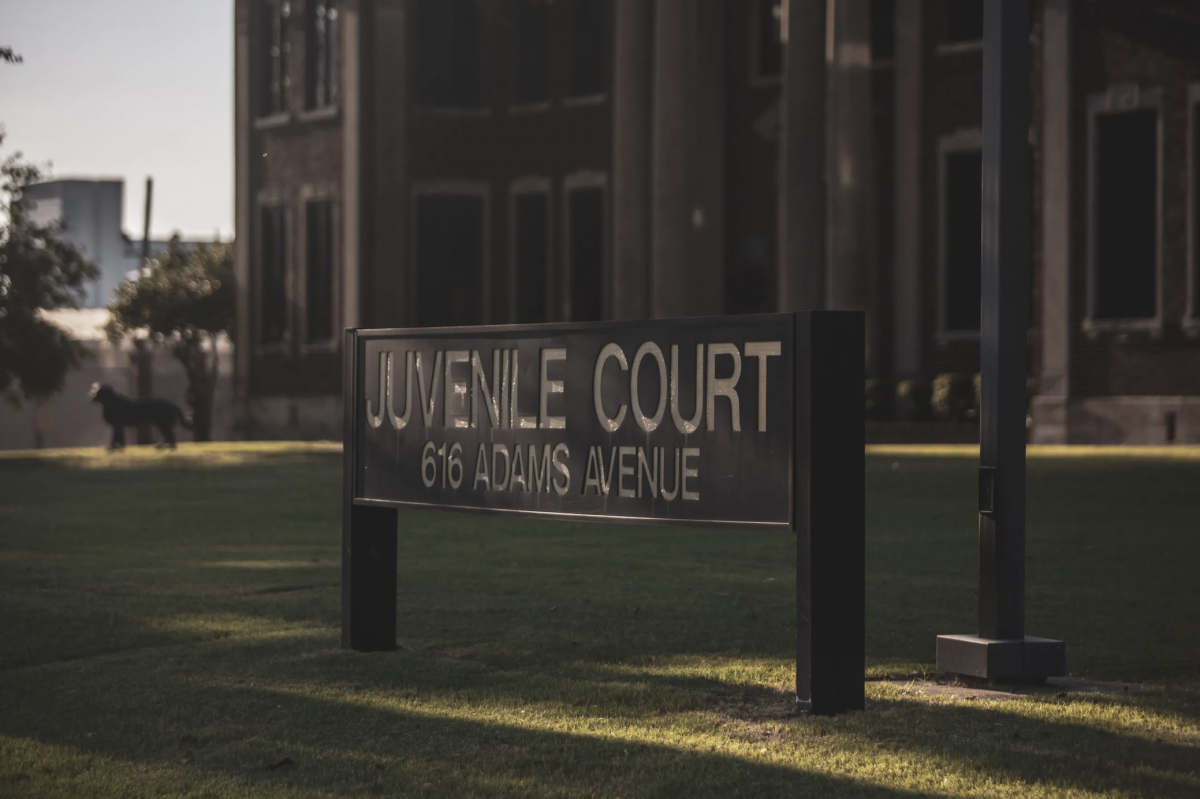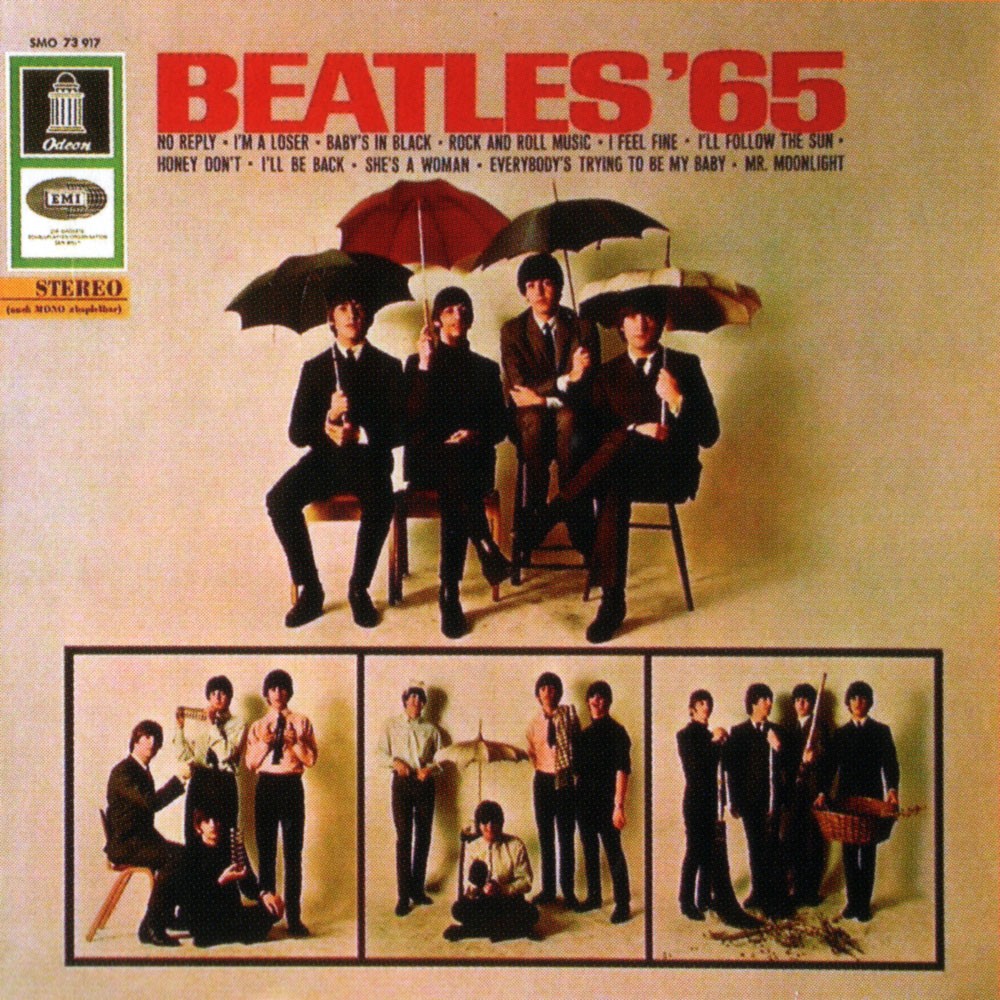
This story was originally published by MLK50: Justice Through Journalism. Subscribe to their newsletter here.
In January, a new “blended sentencing” law will go into effect in Tennessee that could usher hundreds of children into the adult criminal justice system with fewer checks than the existing adult transfer process. It will also keep those kids in the juvenile justice system longer.
The law is “extremely harmful for youth in Memphis,” said Ala’a Alattiyat, coordinator for the Youth Justice Action Council. “It will not keep our community safer, and it will continue to perpetuate the cyclical nature of the justice system by making it harder for youth to exit that cycle.”
Children as young as 14 could be subject to blended sentencing. These children will be required to serve juvenile sentences until they turn 19. They will also face up to four years of adult prison or probation.
Initially, this adult sentence is stayed, meaning it will only take effect if certain criteria are met. Only one of these criteria concerns whether a child has committed another delinquent act.
As a result, kids could end up in adult prison without committing another crime, said Zoe Jamail, policy coordinator at Disability Rights Tennessee. Instead, the text of the law allows children to increase their risk of going to prison by breaking curfew or failing to graduate from high school.
Ultimately, children “who would otherwise never have been facing an adult sentence” will be swept into the adult system, said Jasmine Ying Miller, a senior attorney at Youth Law Center.
Read more about how the law will work here.
Blended sentencing is part of a broader effort by some lawmakers to make Tennessee’s juvenile justice system more punitive, even though rates of youth crime in the state have been declining for at least a decade.
In April, the state legislature passed the “Juvenile Organized Retail Theft Act,” which allows children to be tried as adults for shoplifting or stealing a gun. In May, it passed the “Parental Accountability Act,” which allows judges to fine parents for offenses committed by their children.

The blended sentencing legislation, which also passed in May, was introduced and sponsored by several Memphis-area lawmakers. In the State Senate, the bill was sponsored by state Sen. Brent Taylor (R-Memphis). In the House, the bill was sponsored by Rep. Mark White (R-Memphis), Rep. John Gillespie (R-Memphis), and Rep. G.A. Hardaway (D-Memphis).
“State policies related to youth justice consistently and disproportionately target Memphis, which is a predominantly Black city,” said Alattiyat. As a result, “this type of law always ends up disproportionately targeting Black youth.”
Blended sentencing’s sponsors often imply — incorrectly — that youth are responsible for most of Memphis’s crime.
“We are living in a state of fear in Memphis, in the surrounding area,” Rep. Gillespie told colleagues during a House discussion of blended sentencing, “and it is almost entirely because of juveniles committing violent crimes that are going unpunished.”
These claims are misleading. Memphis-Shelby County Juvenile Court has said that adults are responsible for most crimes in the county. Children do seem to be disproportionately involved in car theft; about a third of those charged with vehicle-related crimes are youth offenders, according to the Memphis Police Department. Available data suggest that youth are less involved in violent crime.
According to statistics maintained by the Memphis-Shelby County Juvenile Court, juvenile crime did increase in 2022. But by 2023, juvenile crime had fallen to the same level as 2021. Overall, juvenile crime in Memphis has been on a steady decline since at least 2011.
Nevertheless, legislators insist that drastic action must be taken on youth crime in Memphis.

“Juvenile laws traditionally have been there to protect the juvenile,” said White, who introduced the bill in the House. In his view, protection is no longer the right approach. “We’re living in a different time with some of the crimes committed by these 14, 15, 16, 17-year-olds.”
Currently, Tennessee’s juvenile justice system operates on two tracks: either children remain in the juvenile system — where they must be released by 19, no matter the offense they’ve committed — or they can be transferred to the adult system.
White believes that the first track, in which children remain in the juvenile system until age 19, enables juvenile crime. Under the current system, children “can shoot and kill a person at 17 and go free at 19,” he said.
Children accused of murder and attempted murder are usually transferred to adult court unless they have been abused or coerced, lawyers say.
Some juvenile judges also take issue with this part of the law; they’d like the option to keep older kids who have committed serious offenses in the juvenile system beyond 19.
“We all want a tool where we can extend jurisdiction to capture youth past the age of 19,” said Judge Aftan Strong, chief magistrate of Memphis-Shelby County’s Juvenile Court. “Extended jurisdiction” would give courts more time to rehabilitate young offenders, she said.
Blended sentencing bears little resemblance to this policy. And while juvenile judges are legally required to rehabilitate youth offenders, the architects of blended sentencing have made it clear that rehabilitation is beside the point.
White introduced an initial version of blended sentencing to the legislature in April 2023. The next month, White published an op-ed where he wrote, “We are well past the time of ‘we need to rehabilitate our youth.’” Instead, he wrote, the juvenile justice system should focus on “discipline, correction and punishment.”

In that same op-ed, White compared Memphis’ “undisciplined youth” to the 1870s yellow fever epidemic that killed or displaced 30,000 Memphians.
Ultimately, blended sentencing will likely incarcerate more children while failing to address youth crime, critics say. Empirical research on young people “does not support this viewpoint that you can punish your way into reducing crime.” said Cardell Orrin, Tennessee executive director at Stand for Children.
White is not concerned by this critique. “We have to have a system where [young offenders] understand the seriousness of what they did and that they will be detained in the system,” White told MLK50.
“A lot of the issues are coming from 2 percent-4 percent of our [youth] population,” he continued. “If we would just detain those people and make believers out of them, it may keep other people from reoffending.”
Four percent of Memphis’ population between the ages of 10 and 17 is roughly 2,700 children, based on available U.S. census data.
“We may have to go too far to one side trying to correct it in order to get back to sanity,” said White.
Rebecca Cadenhead is the youth and juvenile justice reporter for MLK50: Justice Through Journalism. She is also a corps member with Report for America, a national service program that places journalists in local newsrooms. Email her rebecca.cadenhead@mlk50.com.

